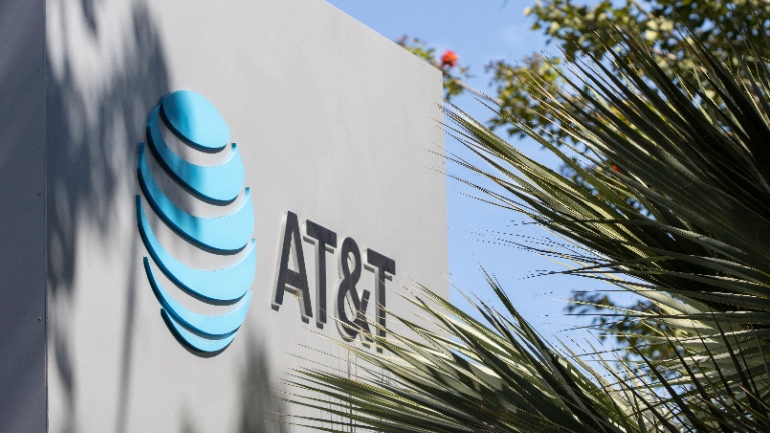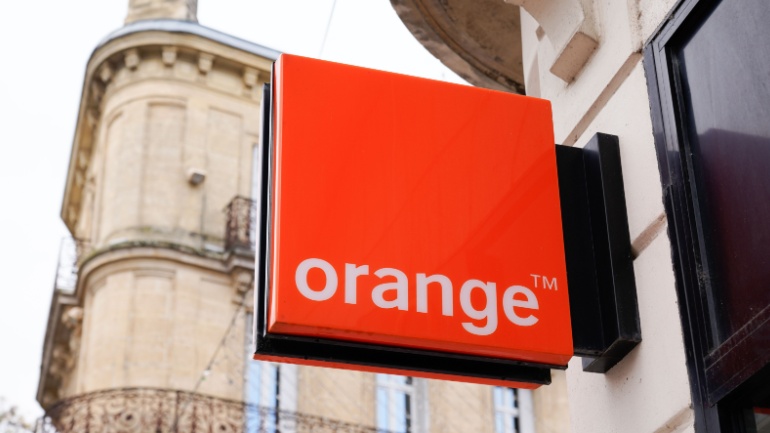Shanghai Spacecom Satellite Technology (SSST) is set to launch its first batch of satellites, challenging SpaceX’s Starlink. This launch, part of China’s G60 Starlink Plan, aims to deploy 15,000 low Earth orbit satellites by 2030, marking a significant step in China’s strategic competition with the United States.
The National Advertising Review Board (NARB) has urged AT&T to revise its claims about its Supplemental Coverage from Space (SCS) following a challenge from T-Mobile US. AT&T’s advertisement implied the advanced VoIP service is operational, which is misleading. Transparent communication in the evolving VoIP and satellite communications landscape is essential.
AST SpaceMobile is gearing up for a significant milestone with the upcoming launch of its first commercial satellites. Set for early August, the five new Bluebird satellites will enhance the company’s ability to offer non-continuous commercial VoIP services. Once deployed in low Earth orbit, these satellites will revolutionize remote mobile coverage via direct-to-device communications.
Actility’s acquisition of API-K revolutionizes the rescue landscape with innovative LoRaWAN tracking systems. Known for boosting search radii greatly, their beacon technology is a game-changer for mountain sports and rescue teams. Integrating API-K’s advanced LoRaWAN solutions into Actility’s portfolio, they aim to set new standards in outdoor geo-security and rescue efficiency.
Soracom’s commercial rollout of satellite NB-IoT, in partnership with Skylo Technologies, is revolutionizing IoT connectivity. Leveraging Skylo’s LEO satellite constellation, Soracom provides seamless integration of cellular and satellite IoT networks through its cloud platform. This advancement empowers businesses with reliable, global IoT services, enhancing connectivity even in remote areas.
Amazon has inaugurated a new facility in Kirkland, Washington, dedicated to the production of satellites for its Project Kuiper. This project aims to establish a constellation of low Earth orbit (LEO) satellites to provide internet connectivity.
Nexperia, a leading semiconductor manufacturer, has announced a $200 million investment to enhance its production capabilities at its Hamburg facility. The funds will be used to develop next-generation wide bandgap (WBG) semiconductors, such as silicon carbide (SiC) and gallium nitride (GaN), and to expand the production of silicon (Si) diodes and transistors.
Orange Energies is broadening the reach of its Orange Smart Energies platform, offering prepaid access to energy through solar kits and smart meters to all energy producers across Africa. Launched in 2017, the Internet of Things (IoT) platform addresses profitability challenges by mitigating the risk of non-payment for energy providers.
Filtronic, a UK-based manufacturer of RF, microwave, and mmWave components, projects substantial growth in both revenue and earnings for its recently concluded financial year, driven by its involvement in the low-Earth orbit (LEO) satellite market and sales to Elon Musk’s SpaceX. The company forecasts an EBITDA of £4.8 million for the year ending May, marking a notable increase from the £1.3 million recorded in fiscal 2023.
Amazon’s Project Kuiper has entered into an agreement to offer low Earth orbit (LEO) satellite services across seven Latin American countries. This distribution deal with Vrio, the parent company of DirecTV Latin America and Sky Brasil, will see high-speed Internet services provided to Argentina, Brazil, Chile, Uruguay, Peru, Ecuador, and Colombia.













